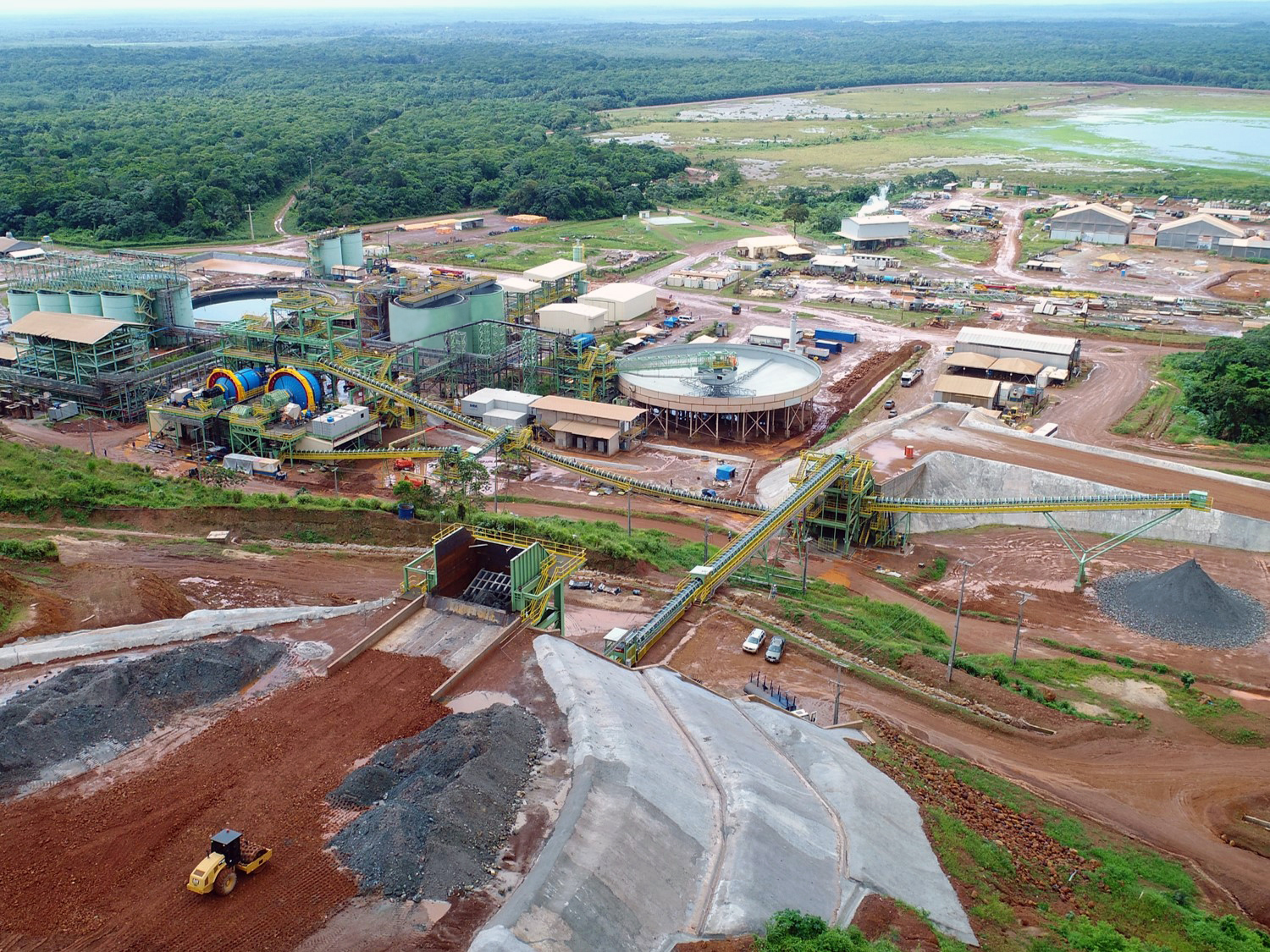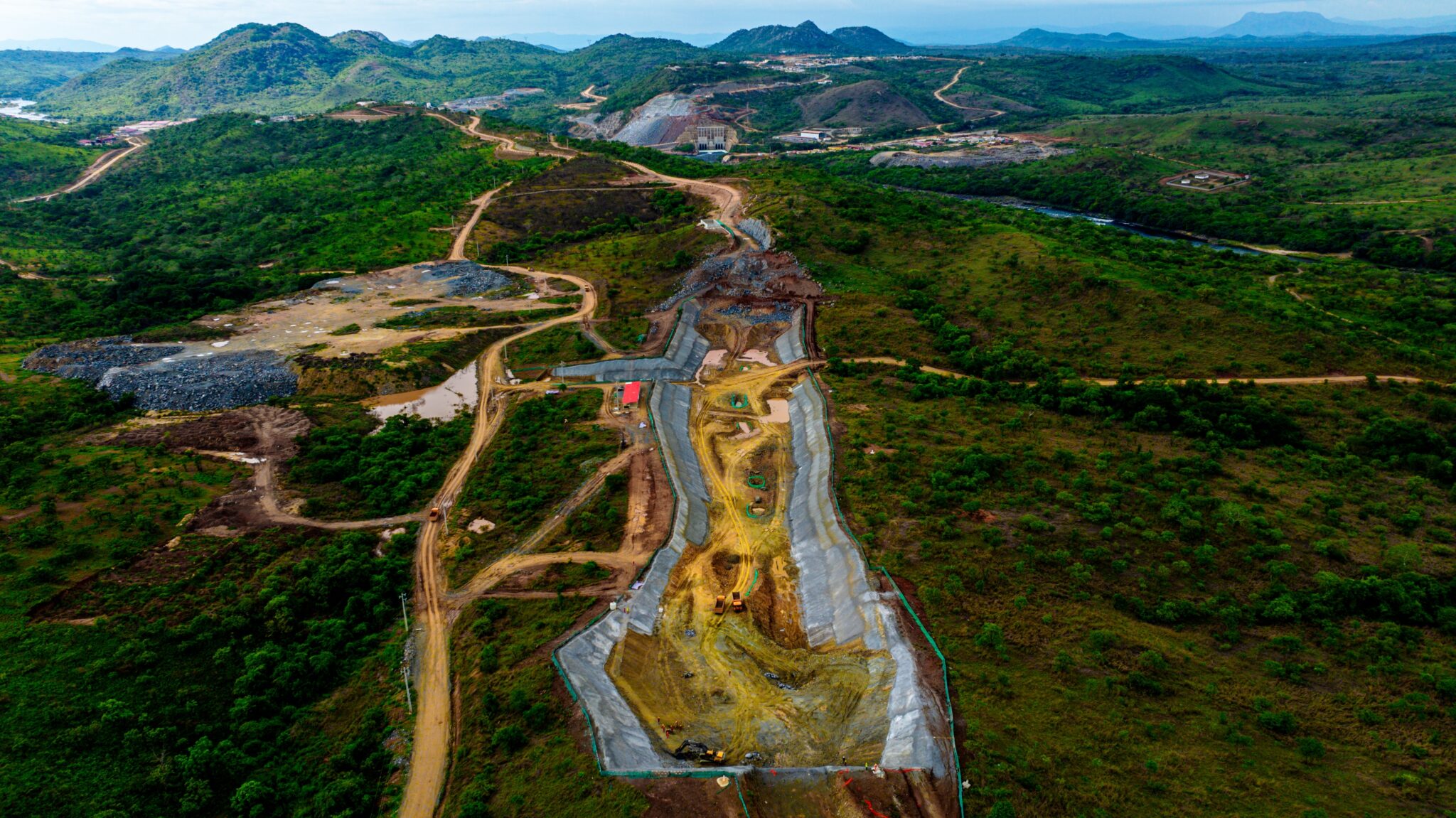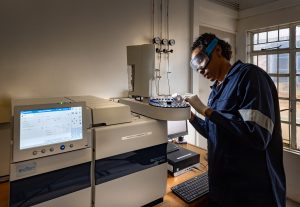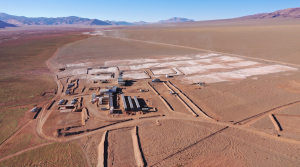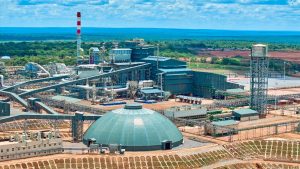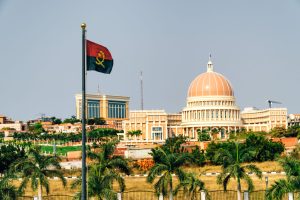B2Gold, AngloGold put Gramalote project in Colombia up for sale
The Gramalote gold project, located 230 km northwest of Colombia’s capital Bogotá. (Image courtesy of B2Gold.)
Canada’s B2Gold (TSX, NYSE: BTO) and South Africa’s AngloGold Ashanti (JSE: ANG)(NYSE: AU)(ASX: AGG) have decided to put their $925 million Gramalote gold project in Colombia up for sale before year-end.
After completing a comprehensive review of the alternatives for the gold project in the northwestern department of Antioquia, the joint venture partners determined it would be in the best interest of all stakeholders to find a buyer, B2Gold said in its third quarter results report.
Gramalote was put on hold in August, as preliminary results from an optimized feasibility study suggested the project did not meet the JV’s investment thresholds for mine development.
Vancouver-based B2Gold said that now, with the feasibility study completed, it was clear that divesting Gramalote was the best option for both companies.
Gramalote was B2Gold’s first project when it was an exploration company starting out. In 2015, it received the first environmental license awarded in Colombia in 35 years.
The permit gave it three years to work through social aspects related to the open pit project, including relocating artisanal miners and some nearby residents.
During that time, Gramalote became the centre of a mining rights dispute with Canada’s Zonte Metals, which remains active.
The project, B2Gold highlighted, continues to count on the support of the government as well as from local communities.
Eyes on Quebradona
AngloGold Ashanti’s chief executive Alberto Calderón, who assumed the top job in September 2021, recently said that selling the gold project was the company’s preferred option. He added the move would allow AngloGold to focus on bigger assets, including its $1.4 billion Quebradona gold-copper project, also in Colombia.
In May, the country’s environmental regulator, ANLA, refused to reopen the miner’s application to the environmental licence for the asset. It cited lack of information on the project’s area of influence as the main reason for the refusal.
AngloGold, however, has said it plans to resubmit its environmental permit application for Quebradona in 2023.
The mine is expected to be Colombia’s largest copper development, with production estimated at 137 million pounds copper concentrate annually over a 22-year phase one mine life.
AngloGold has been shifting focus from the home country to more profitable mines in Ghana, Australia and Latin America as the industry in South Africa dwindles amid power cuts, soaring costs and the geological challenges of exploiting the world’s deepest deposits.
Share this content:



